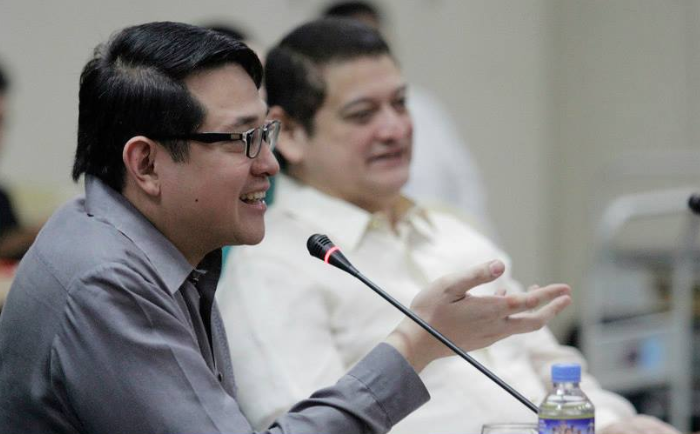Business and Economy
Sen. Aquino expects more Filipino workers to benefit in ASEAN economic integration
MANILA – The Philippines’ agriculture sector may not be ready yet for the forthcoming ASEAN economic integration, but the country’s skilled workers are expected to dominate the Southeast Asian market, according to Senator Paolo Benigno ‘Bam’ Aquino IV.
Aquino, an entrepreneurship advocate, said the Filipino nurses, engineers and doctors can compete with their counterparts in the region, specifically from Malaysia, Indonesia and Thailand.
”They should be ready because we will capture the employment sector. Nurses, engineers and doctors of the Philippines are the best,” Aquino said in a chance interview with the Philippines News Agency.
Aquino, however, has expressed concern over the present status of the country’s agriculture sector which remains not prepared for the ASEAN economic integration starting December this year.
”Some sectors are not ready. Our agriculture is not yet ready specially rice, some vegetables and onion,” Aquino, chairman of the Senate Trade, Commerce and Entrepreneurship committee, said.
Aquino said the agriculture sector has asked for three more years to be exempted from zero tariff trade under the single ASEAN market.
”Sins of the past are catching to us,” Aquino said, referring to the failures of past administrations to modernize and prepare the agriculture sector for the economic integration.
”Our irrigation remains incomplete despite huge budget poured into it for the last 10 years. Could you imagine, the prices of rice from Vietnam is more cheaper compared to our production because we have lost a lot of opportunities to modernize,” he added.
The lawmaker said the government should increase its subsidy to the farmers.
”In fact, the budget (for agriculture) continues to increase but the problem is the programs are either ineffective or have leakages,” he said.
At the Bali Summit in October 2003, ASEAN leaders declared that the ASEAN Economic Community (AEC) shall be the goal of regional economic integration (Bali Concord II) by 2020.
An ASEAN single market and production base shall comprise five core elements: free flow of goods; free flow of services; free flow of investment; freer flow of capital; and free flow of skilled labor.
In addition, the single market and production base also include two important components, namely, the priority integration sectors, and food, agriculture and forestry.
The ASEAN is composed of the Philippines, Malaysia, Thailand, Indonesia, Vietnam, Singapore, Cambodia, Myanmar, Brunei Darussalam and Laos.






















